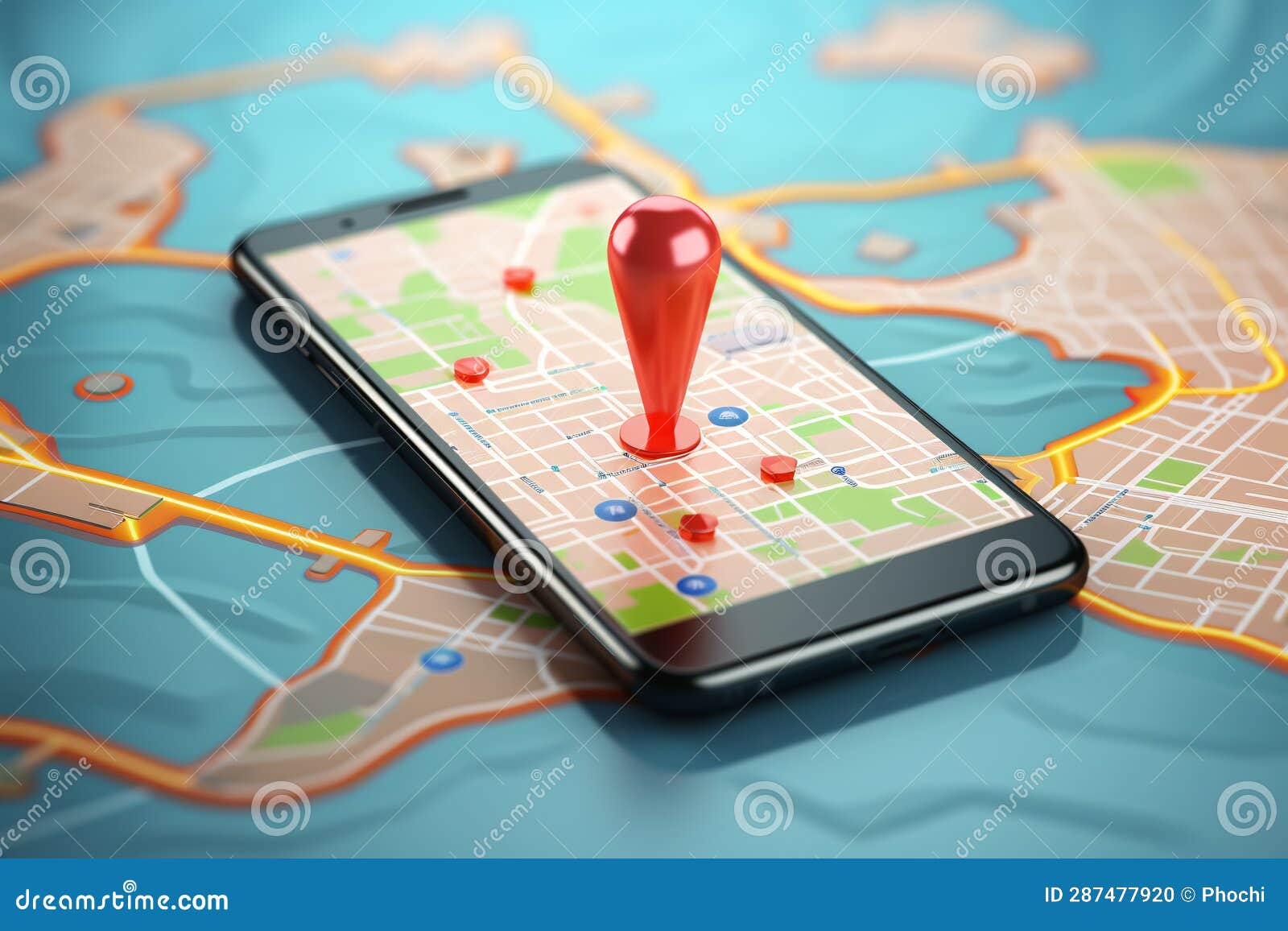Pinpointing Location Through Phone Numbers: A Guide to Location Tracking
Related Articles: Pinpointing Location Through Phone Numbers: A Guide to Location Tracking
Introduction
In this auspicious occasion, we are delighted to delve into the intriguing topic related to Pinpointing Location Through Phone Numbers: A Guide to Location Tracking. Let’s weave interesting information and offer fresh perspectives to the readers.
Table of Content
Pinpointing Location Through Phone Numbers: A Guide to Location Tracking

The ability to pinpoint a location using a phone number has become increasingly common in the digital age. This technology, often used in emergency situations, can also be a valuable tool for personal safety, business operations, and even historical research. This article delves into the intricacies of phone number location tracking, exploring its applications, underlying technology, limitations, and ethical considerations.
Understanding the Technology Behind Phone Number Location Tracking
While the idea of instantly knowing someone’s location based on their phone number might seem like magic, the reality is grounded in technology. Several methods are employed to achieve this, each with its own strengths and weaknesses:
1. Cellular Network Triangulation:
This method utilizes the signals emitted by a mobile phone to determine its location. Cell towers, strategically placed across a region, pick up these signals. By analyzing the signal strength received from multiple towers, the phone’s approximate location can be calculated. The accuracy of this method is influenced by factors like the number of cell towers in the area, signal strength, and terrain.
2. GPS (Global Positioning System):
GPS relies on a constellation of satellites orbiting Earth. These satellites continuously transmit signals that GPS receivers, such as those embedded in smartphones, can interpret. By analyzing the time it takes for signals to reach the receiver from multiple satellites, the device’s location can be determined with high accuracy.
3. Wi-Fi Location Services:
Similar to cellular triangulation, this method utilizes Wi-Fi networks to pinpoint a phone’s location. Smartphones automatically scan for nearby Wi-Fi networks, even if they are not connected. By comparing the phone’s signal strength with known locations of Wi-Fi hotspots, a rough approximation of its position can be obtained.
4. IP Address Location:
Every device connected to the internet has a unique IP address. This address can be used to determine the general location of the device, often pinpointing a city or region. However, IP addresses can be dynamic, meaning they can change frequently, and the accuracy of location determination is limited.
Applications of Phone Number Location Tracking
The ability to pinpoint a phone’s location based on its number has numerous applications, ranging from personal safety to law enforcement and beyond:
1. Emergency Services:
In emergency situations, location tracking is crucial. When someone dials 911 or a similar emergency number, their location is automatically transmitted to the emergency response center, allowing for swift and efficient assistance.
2. Family Safety:
Location tracking apps allow parents or guardians to monitor the location of their children or dependents, ensuring their safety and providing peace of mind. These apps often utilize GPS and cellular network triangulation to provide real-time location updates.
3. Business Operations:
Businesses can utilize location tracking to monitor the location of employees, particularly those who work in the field or operate mobile units. This helps with scheduling, route optimization, and ensuring employee safety.
4. Asset Tracking:
Companies can use location tracking to monitor the location of valuable assets, such as vehicles, equipment, or inventory. This helps prevent theft and ensures timely recovery in case of loss.
5. Historical Research:
Location tracking data can be used to reconstruct historical events, map population movements, and gain insights into past societal trends. This data can be particularly valuable for researchers studying migration patterns, urbanization, and other historical processes.
Limitations and Ethical Considerations
While location tracking offers numerous benefits, it is not without its limitations and ethical concerns:
1. Accuracy Limitations:
The accuracy of location tracking varies depending on the method used and environmental factors. Cellular triangulation, for example, can be less accurate in areas with poor cellular coverage or dense urban environments.
2. Privacy Concerns:
Tracking someone’s location without their consent raises serious privacy concerns. Unauthorized tracking can be used for malicious purposes, such as stalking, harassment, or even physical harm.
3. Data Security Risks:
The data collected through location tracking is sensitive and must be secured properly. Data breaches can lead to the misuse of personal information and potential identity theft.
4. Legal Considerations:
The legality of location tracking varies depending on jurisdiction. In some countries, tracking someone’s location without their consent is illegal, while in others, specific exceptions exist for law enforcement or emergency situations.
FAQs
1. Can I track someone’s location without their consent?
In most cases, tracking someone’s location without their consent is illegal and unethical.
2. How accurate are location tracking methods?
The accuracy of location tracking varies depending on the method used. GPS typically provides the highest accuracy, while cellular triangulation can be less accurate in areas with poor signal strength.
3. What are the legal implications of using location tracking?
The legality of location tracking depends on the jurisdiction and the specific circumstances. It is essential to understand the relevant laws and regulations before using location tracking technology.
4. How can I protect my privacy from location tracking?
You can protect your privacy by disabling location services on your phone, using a VPN, and being aware of the apps you download and the permissions you grant them.
Tips for Responsible Location Tracking
1. Transparency and Consent:
Always obtain explicit consent from individuals before tracking their location. Inform them about the purpose of tracking, the data collected, and the duration of tracking.
2. Data Security:
Implement robust security measures to protect location data from unauthorized access. This includes encryption, access control, and regular security audits.
3. Legal Compliance:
Ensure compliance with all relevant laws and regulations regarding location tracking. Seek legal advice if needed.
4. User Control:
Provide users with control over their location data. Allow them to opt out of tracking, view their location history, and delete their data.
5. Ethical Considerations:
Always consider the ethical implications of location tracking. Avoid using it for malicious purposes or in a way that violates someone’s privacy.
Conclusion
Location tracking based on phone numbers offers a powerful tool for various purposes, from emergency services to business operations. However, it is crucial to use this technology responsibly, respecting individual privacy and adhering to legal and ethical guidelines. By ensuring transparency, consent, and data security, we can harness the benefits of location tracking while mitigating its potential risks.








Closure
Thus, we hope this article has provided valuable insights into Pinpointing Location Through Phone Numbers: A Guide to Location Tracking. We appreciate your attention to our article. See you in our next article!